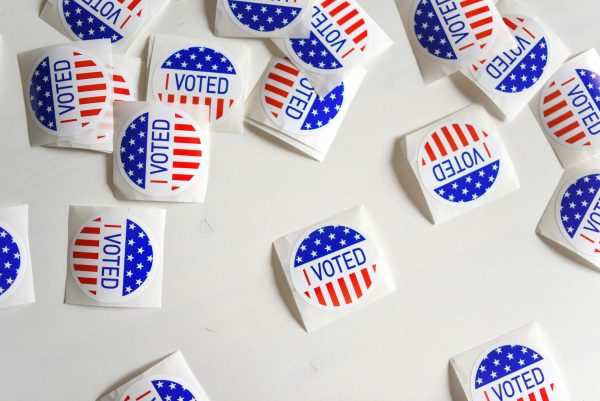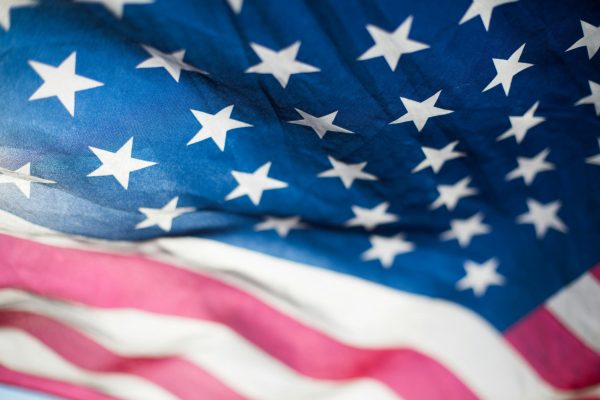The Issue of Religious Illiteracy
The argument for religious history to be taught in schools
Opinion of: NOELLE AVENA
Whether students want to criticize, analyze, or celebrate religion, they deserve to leave high school with more than an elementary understanding of America’s diverse religious practices. There are two areas where education on religion is sorely missed: civics, where religious identity continues to influence our leaders, foreign involvement, and voting patterns, and history, where religion gives context for events and movements. Acquiring a combination of the two could help students become more productive communicators and empathetic peers.
Ancient history and AP World History explore the founding elements of several religions, but religions are not their founding alone. They are living among us, changing with the times.
Classroom and online debates can delve into topics like intelligent design, stem cell research, vaccines, queer rights, current U.S. sectional differences- even American music, art, and literature. Often these issues require an understanding of the deep current of religious experience that manifests in American opinions and part of the cultural fabric. There is a gap between the frequency of religion affecting American lives and the public’s ability to identify it.
For example, religious ignorance was plastered on television for the months following 9/11. Voices from the TV condemned the Islamic tradition as a religion of war, as terrorism. A man, targeted for being Muslim, was shot and killed at a gas station. Even though he was Sikh, the assailant’s religious based fear and prejudice killed an innocent man. Ignorance is not only unflattering, it’s dangerous.
American leaders are also often guided, or misguided, as the case may be, by their religious beliefs. Boston University professor Jaw Wexler reported that “Ninety percent of the members of Congress, by one report, consult their religious beliefs when voting on legislation.” It’s a rather intimidating statistic, but it goes to show that laws do not tend to travel in and out of the legislative system without making contact with some part of the wide reach of religious influence.
Religion is not only one of the least understood subjects, it is also one of the most consequential. Religion has been a great force for both good and evil. In a religious vacuum, many aspects of US politics and core American ideals are free-floating, far from the context where they were founded. The creation of the separation of church and state was communication between Thomas Jefferson and Baptists from Danbury, Connecticut, where he asserted that legislature would not make laws “respecting the establishment of religion.”
There is nothing in the curriculum about what I personally see as one of the most dramatic schisms in American history: the simple, rustic Northern Baptists severing association from the Southern slaveholders, repelled by a deep disagreement over slavery and the opulent lifestyles slaveholders reaped from the work of the people they enslaved. The separatists eventually established schools for freedmen in the South and developed a sort of early widespread welfare.
Radical Christian thinking was the source that brought about many more than just these two dramatic shifts in American history- think temperance, the civil rights movement from Black Baptists and preachers such as MLK, military and foreign policy, and more. Many Protestants had massive portions of scripture committed to memory. These memory verses were sometimes the only communal source illiterate people could discuss with one another, causing much of American history to be drenched in Biblical references and impacted by religious debates of the day.
Recognizing religious nuance is one of the major challenges for high schoolers. When a religion is described simply as one idea or another, it is painted with a brush as broad as 7,000 years and as wide as billions of practitioners. Due to vast diversity, a large religion such as Christianity, or even a denomination such as Lutheranism, will not fall into one camp on current issues but will be divided in far left, far right, and moderate takes.
Today, the country contains a variety of religious practices, with about five percent of the population practicing a religion other than Christianity. America is growing increasingly diverse as well as secular, and belief and unbelief are often classified as major identity markers, along with race, gender, and ethnicity.
To prepare for life as global citizens, it is important to understand how religion played a role in history, affects civic affairs, and can help create empathy. Lack of understanding for others fuels fear, and fear drives violence. In and out of the classroom, fear of discussing religion blocks the natural flow of communication and learning.
Your donation will support the student journalists of East Lyme High School. Your contribution will allow us to purchase equipment and cover our annual website hosting costs.


